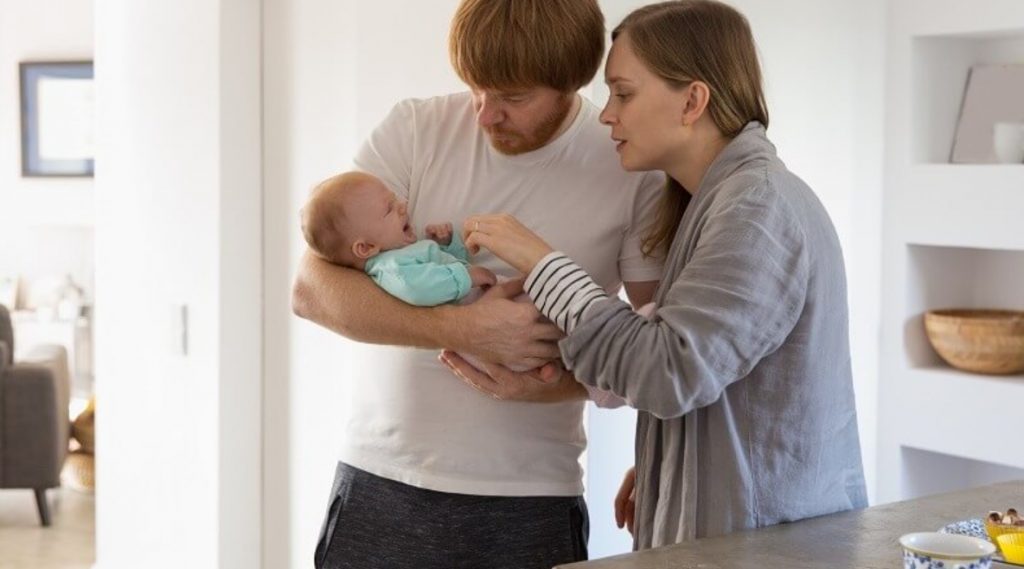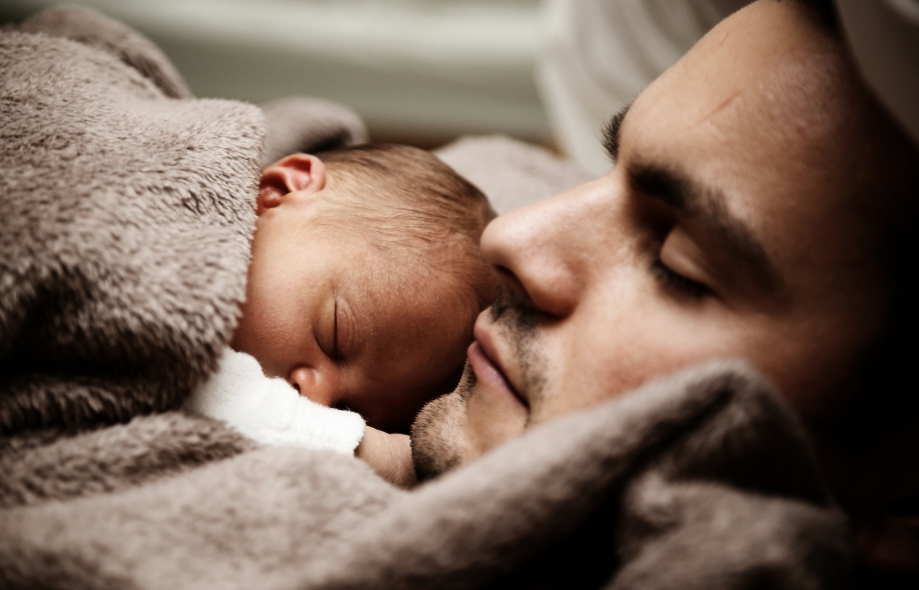Faced with the role of the traditional father, an authority must be built that, more than obeying, calls us to build together.
What is the place of the father in our life? The norm, as Freud described it? Is it the authority, who guides, provides or protects? Is it the love, the companionship, the warmth? All this describes it, but a mistake that is made today is to judge history without taking into account the context of the time and the social.
Let’s do some history. At the beginning of the 20th century, the father was strong, dignified and even distant, and not because he was bad, it is because society marked that this was the paternal role. Many people who are now 90 years old say that parents did not kiss their children, except when they were asleep, because that would take away their authority. The psychology of the time described the father as the one who taught the rules, while the mothers, with their affection and tenderness, “weakened the child’s character.” How could a father be loving if it would affect the formation of his children? Strong figures, paternalistic leaders, and even a God who was punishing appear in the history of the beginning of that century. It actually reflected what his role was or what was expected of him.

Advancing the years and in the post-war period, a firm father appears, but who played, shared time and activities with his children. He was still a provider, you had to take care of him, pamper him because he was “the breadwinner of the home”, keep quiet, not disturb him, not question him. His word was still law. Sharing household chores with women was so frowned upon by other men, like the women themselves, that they felt they were invading his space. It was almost a sign of weakness on the father’s part. This almighty father, firm, as an anchor in the values and beliefs was the roots and articulation with the ancestors of the family. In the last years of 1900, the role of the father had a clear metamorphosis of rapprochement, showing affection, getting involved in school, sports and recreational situations of his children. Children who could laugh, hug and even get angry with their father, and this had no consequences.
At the beginning of the 20th century, Max Weber (1922) raised the idea of authority, highlighting the relationship between domination, obedience and legitimacy. He distinguished between power as the general ability to obtain obedience to a given order, and authority as legitimate power. The existence of authority, he asserted, presupposes the probability of finding obedience from a given group.
Kojève in 1942 argued that there is only authority where there is movement, change, real action: you only have authority over what can “react”, that is, change depending on what, or who represents it. Perhaps this look was the metamorphosis of what paternal authority meant.
Currently dads who share time and tasks, not as a favor to the mother, but as part of her paternal role. Dads who, not having a single model, as they did in the past, are being formed, learning to be a father in the process of being one. And here an issue arises that is essential, to be a father you should be a mature, educated person, an adult beyond chronological age. How are we adults today?

The adult role is going through a strong crisis that is making its effects felt, especially in the sphere of the family and the school. Different disciplines come together to describe the disintegration of traditional representations in which the adult was considered a legitimate person to hold power and authority and become the guarantor of a transmission of knowledge and values backed by a strong social consensus. Different interrelated processes, from the second half of the 20th century.
Thus, transmitting something to children becomes increasingly difficult. One could then choose not to transmit anything, but to transmit to them the same as previous generations, even when this no longer fits the reality that surrounds them, or to become anxious or paralyzed, coming and going with contradictory proposals, generating more confusion in their children. (From Segni, 2002)-
In this framework, it would be convenient to rethink the relationship of authority as a constitutive dimension of living together, in which the adult with responsibility over others has a special place. It is about looking for an authority that, more than obeying, summons us to build a connecting force in the conditions of a liquid modernity and a tendency towards equalization that rejects any dissymmetry. An authority that is not considered as an omnipotent force or as a personal achievement based on charismatic figures, but as an exercise that promotes the empowerment of new subjectivities that require others to be able to make themselves.

In this context, Hannah Arendt, after having verified “a collapse of all the traditional authorities, highlighted that the authority is e has vanished in the modern world. The most significant symptom of the crisis is that it has spread to areas such as the family, child rearing and education, in which authority had always been accepted as a natural necessity. The fact that even this “pre-political” authority that governed the relationships between adults and children, teachers and students, is no longer secured implies that all traditional metaphors and models of authority relations have lost their plausibility. (Arendt 1996).
We are building a new view of fatherhood, but the role as such must have roots and wings. Roots in what our parents knew how to bequeath to us, wings to generate new spaces in that ancestral and necessary link: filial-paternal. Always crossed by love beyond its different ways of manifesting it.
It is not enough to destroy what is in the way, you have to build what is missing.
Nancy Caballero, the author is a Psychopedagogue. Degree in psychology. Master in Social Psychology
